'We've got too many people killing themselves': What's being done about veteran suicides
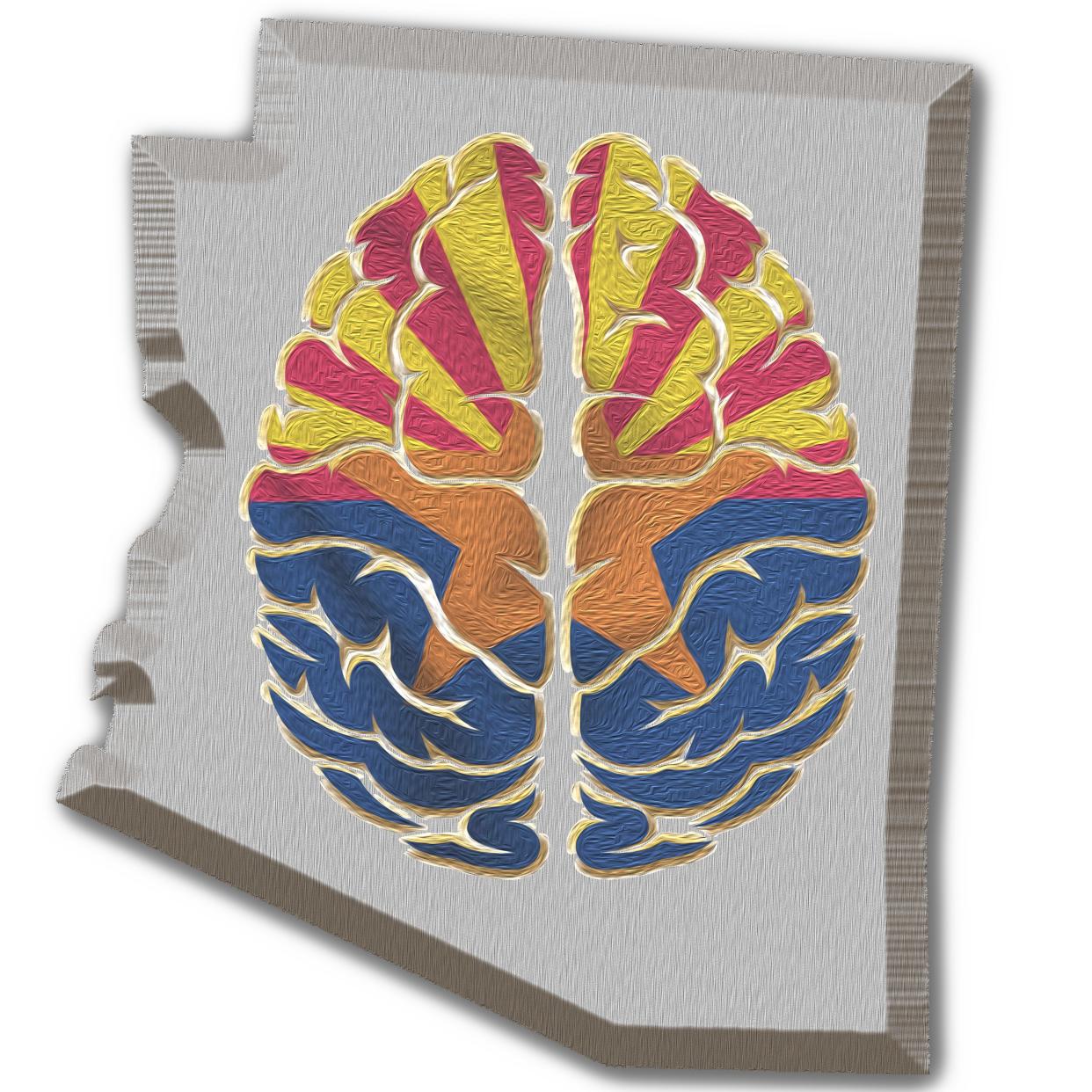
On the 22nd day of every month, Jamie Oltersdorf positions pairs of military boots on either side of a flagpole on the Prescott campus of Yavapai College. Then she takes part in a moment of silence for the consistently high number of U.S. military veterans who die by suicide and for those like herself, who have come close.
"Giving vets a place and a voice is what keeps me going," said Oltersdorf, a U.S. Air Force veteran who did two tours in Afghanistan and is raising money to make the boots a permanent memorial at Yavapai College, where she's both a student and an employee.
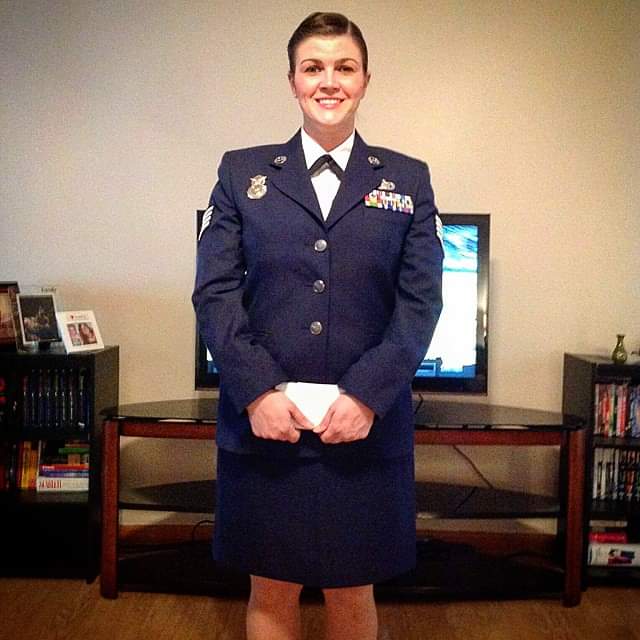
In Arizona, close to one in every five suicides is a veteran, which adds up to nearly 1,800 veterans in Arizona who have taken their own lives between 2017 and Nov. 8, 2023, state data shows. The percentage of veterans dying by suicide has consistently hovered between 18% and 19% of all Arizona suicides for the past six years.
Some pockets of progress are happening with mental health and veterans across Arizona, including the work Oltersdorf is doing to raise awareness in Yavapai County.
In Phoenix, the Veterans Administration Health System is about to open a ketamine clinic to treat depression among veterans and in Tucson, a Davis Monthan Air Force Base chaplain last year launched suicide prevention training "after an increased amount of deaths and suicide ideations," which could help provide active-duty members with resilience skills in both their current and post-military lives.
Huge challenges remain. One of the biggest barriers to reducing veteran suicides, according to many veterans and people who work with them, is the fact that so many don't get the help they need. There are veterans who still hold a "suck it up" mentality they learned in the military and don't tell anyone they are struggling. Others don't know where or how to get help, or they don't qualify for help through the U.S. Department of Veterans Affairs, often known as the VA.
The VA's own research shows that 62% of the veterans who died by suicide in 2021 had not received health care from the VA during the year prior to their death.
"You'll have someone who served, has a DD214 (military discharge record) saying they were on active duty and they were honorably discharged and the VA won't help them because they didn't have a certain amount of time in active duty," said retired U.S. Air Force Col. Tim Kirk, the co-founder and executive director of the Warrior Healing Center in Sierra Vista, which operates the nonprofit Warrior Healing Project that focuses on suicide prevention.
Sierra Vista is in Cochise County, which has the highest per capita concentration of veterans in Arizona − nearly 20% of the population is a military veteran, which works out to about 18,000 veterans. Yet Sierra Vista, with a population of about 45,700, doesn't have its own VA medical center. While the VA has a clinical presence there, many veterans who do qualify for care through the VA end up going to Tucson, Kirk said. Tucson is about 72 miles away from Sierra Vista.
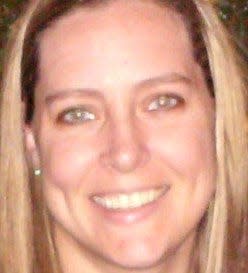
Other veterans find the VA too bureaucratic, according to Kirk and Cathie Goodman, a registered nurse who is a co-founder and director at the Warrior Healing Center.
"There are a lot of veterans who won't touch the VA because they have trust issues with anything government to begin with," said Goodman, who refers to the Warrior Healing Center as a "psychological first aid station."
The center provides veterans with assistance ranging from housing and food boxes to crisis intervention. It also helps veterans secure benefits they are owed. While some may not qualify for health care through the VA, others are not taking advantage of the benefits they've earned, Goodman and Kirk said.
"The veterans that are coming in here are not about to break because of the trauma they suffered in the war necessarily. It's whatever is daunting in their lives currently and the fact that they can't get the resources they need," Goodman said. "We've got too many people killing themselves right now. There's so much work to be done."
State data shows that last year, 304 veterans in Arizona took their own lives, which was the highest number since 2017 when Arizona began breaking out veterans in its statewide suicide data. The most recent federal data shows the suicide rate of 48.2 suicides per 100,000 Arizona veterans in 2021 was 30% higher than the national rate of veteran suicides.
"Any of those numbers you hear about are astonishing. They are scary and they just don't make us feel good because they are the truth," said Victor Escoto, a former Phoenix Police Department detective and now a psychotherapist who works with veterans and first responders. "There's so much stigma behind it and people don't want to have the conversation and talk about it."
Why 22 a day is a controversial veteran suicide statistic
Oltersdorf's monthly "Unheard 22" ritual gets its name from a 2012 U.S. Department of Veterans Affairs report that said the U.S. in 2010 lost 22 veterans a day to suicide. The 22-a-day number has stuck in popular culture with events and campaigns such as 22 Jumps, #22ADay and Mission 22.

Yet the number of 22 veteran suicides per day has been refuted by some experts as an exaggeration and more recent data places the number at 17.5 veteran suicides per day. But many military veterans and the people who help them say that no matter what the actual number is, it's disproportionately high, as is the need for societal awareness that many of the veterans in our midst are suffering and not enough of us are paying attention.
"It's heartbreaking but not surprising. A lot of times as vets we tend to not know where to go and are very skeptical about services," said Luis Soto, a Marine Corps veteran who is the clinical coordinator of a program for veterans at the Empact − Suicide Prevention Center in Tempe.
Soto struggled with his own mental health after a tour in Iraq.
"I remember reaching out to family and they didn't understand the severity. I did get connected with the VA and kind of felt like it was not for me," he said. "There needs to be more education with friends and family of veterans. They see us struggling and don't know what to do."
In 2021, adjusting for age and sex differences, the suicide rate for veterans was 71.8% greater than for nonveteran U.S. adults, a 2023 VA analysis says.
The most recently available data from the U.S. Department of Veterans Affairs, released this month, says that in 2021 there were 6,392 veteran suicides across the country, an increase of 1.8% or 114 over 2020. In Arizona, veteran suicides increased by 11% in 2021 and by 12% in 2022, state data shows.
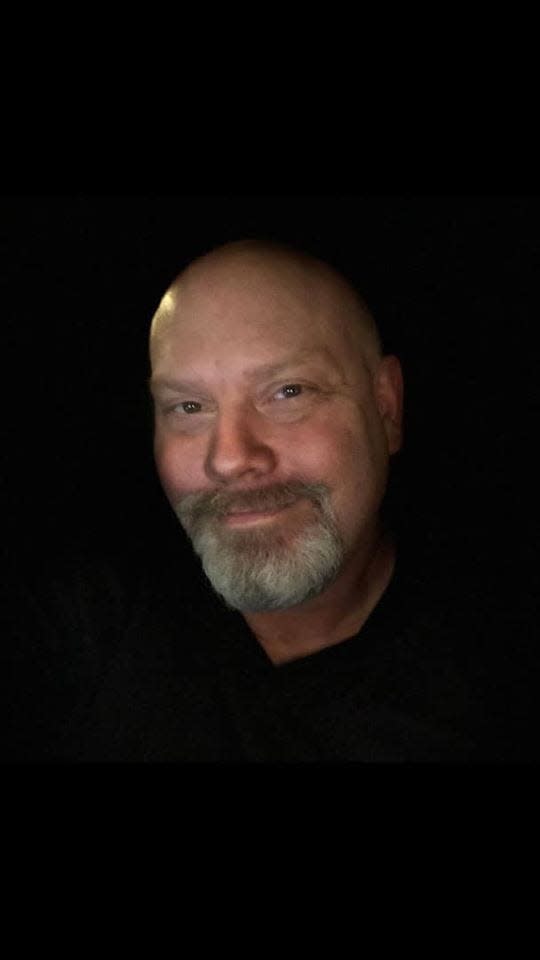
Goodman and Kirk think the national veteran suicide numbers are an undercount and are actually much higher than 22 per day. They cite a number of factors, including inconsistencies in how various entities define a veteran and a suicide. Indeed, there are reporting differences in veteran suicides between the federal report, which lists 241 veteran suicides in Arizona in 2021 and the state number, which is 271 for that same year.
One reason for that disparity could be that on state death certificates, federal officials say the "ever served in the U.S. armed forces" field has a broader definition than the U,S. Department of Veterans Affairs' Office of Mental Health and Suicide Prevention. The federal definition of a veteran is someone who served on federal active duty, other than for training, and was not currently serving at the time of their death.
There are cases where a suicide looks accidental by design, perhaps due to shame or to ensure his or her family won't risk losing burial or death benefits, though such cases are difficult to prove, Kirk said.
"We theorize that veterans are getting smarter about their suicides because the VA could deny the family benefits if they commit suicide and it's not service connected," Kirk said. "If a veteran wants to kill themselves but does not want to impact the family negatively with loss of benefits, then they will just do a drug overdose or one of the other options to keep it off the books."
Phoenix VA is opening a ketamine clinic to treat depression
The Carl T. Hayden Veterans' Administration Medical Center at Indian School Road and Seventh Street became the epicenter of a nationwide controversy in 2014, when former Rep. Jeff Miller, R-Fla., then chair of the House panel, announced that up to 40 Arizona veterans had died awaiting care in a system plagued by long delays and phony data.
Subsequent investigations verified the original allegations and revealed that phony appointment data, mismanagement, whistleblower reprisal and other problems were systemic throughout the VA.
The reputation from that nearly decade-old scandal may still linger for some veterans, but officials with the Phoenix VA say they have worked to improve their systems and in the area of mental health, have been expanding both locally and nationally. The Phoenix system has been approved for 312 mental health jobs and 260 to 270 of them are staffed, officials said.
"We have grown exponentially, so it has been hard to keep up with staff-wise. But we have same-day access to all of our outpatient mental health clinics and of course the emergency department," said Joelle Oizumi, a clinical psychologist who is acting deputy associate chief of staff for mental health. "As you see Phoenix growing we are getting more veterans and we are trying to keep up with that."
Some people are still going to have to wait for care "but we've done a lot as an organization to fix that issue and get people in," Oizumi said, acknowledging that eligibility for VA benefits remains an issue for some potential patients.
About 472,000 veterans live in Arizona. The Phoenix VA's service area includes approximately 117,000 veterans, VA officials say.
"The VA has had a pretty bad rap, as we know," said Victor Escoto, the psychotherapist who works with veterans and is also clinical coordinator for the Phoenix Municipal Court's Veteran's Court program. "Right now I am closely connected with them. Once in a while the VA will actually have to cancel an appointment, but most of the time I see these veterans getting appointments, getting treatment, getting through the process, not getting lost like maybe they used to before."
Over the last three years, Escoto has found the VA "a pretty good place to go," he said.
"They will take care of you. I think it's very possible to get the right help through the VA these days."
Data that shows so many veterans who take their own lives have not connected with health care at the VA during the prior year "puts the onus on us to really focus on outreach and education," Oizumi said.
The Phoenix VA has long had a suicide prevention team but until recently it had not been fully staffed, she said. With additional retention incentives, the team is now able to significantly increase its outreach in the community, doing suicide prevention education at town halls, events and responding to requests from individual companies that employ a high level of veterans, according to Oizumi.
"We know that when you educate and help people understand how to talk about it and how to destigmatize discussions around suicide and suicide risk, it really helps especially to reach out to veterans who have chosen not to seek services at the VA," Oizumi said. "Suicide prevention is the VA's top clinical priority. It has been for quite a few years."
Because of demand from veterans, the Phoenix VA is expecting to open its own ketamine clinic for treating veterans' mental health within the next few months, Oizumi said. The clinic will offer esketamine, an intranasal spray also known as s-ketamine that's made from ketamine and has been approved by the U.S. Food and Drug Administration for treatment-resistant depression.
Ketamine and another hallucinogenic called psilocybin have been increasing in popularity for treating psychiatric conditions, but the local VA for now is not offering psilocybin because more research is needed, Oizumi said.
'Basically we were taught … you suck it up'
Some Arizona veterans who have struggled with suicidal thoughts say connecting with another veteran is what made the difference for them, and that's not always achieved by going through the VA.
Oltersdorf, the U.S. Air Force veteran, was 19 when she joined the military in 2008, knowing little about the world outside of the small town in Kentucky where she grew up. She was 20 years old during her first of two deployments to Afghanistan, where she experienced "constant adrenaline" and high stress levels. She survived a bombing in Kandahar and violent attacks while at the Bagram Air Base.
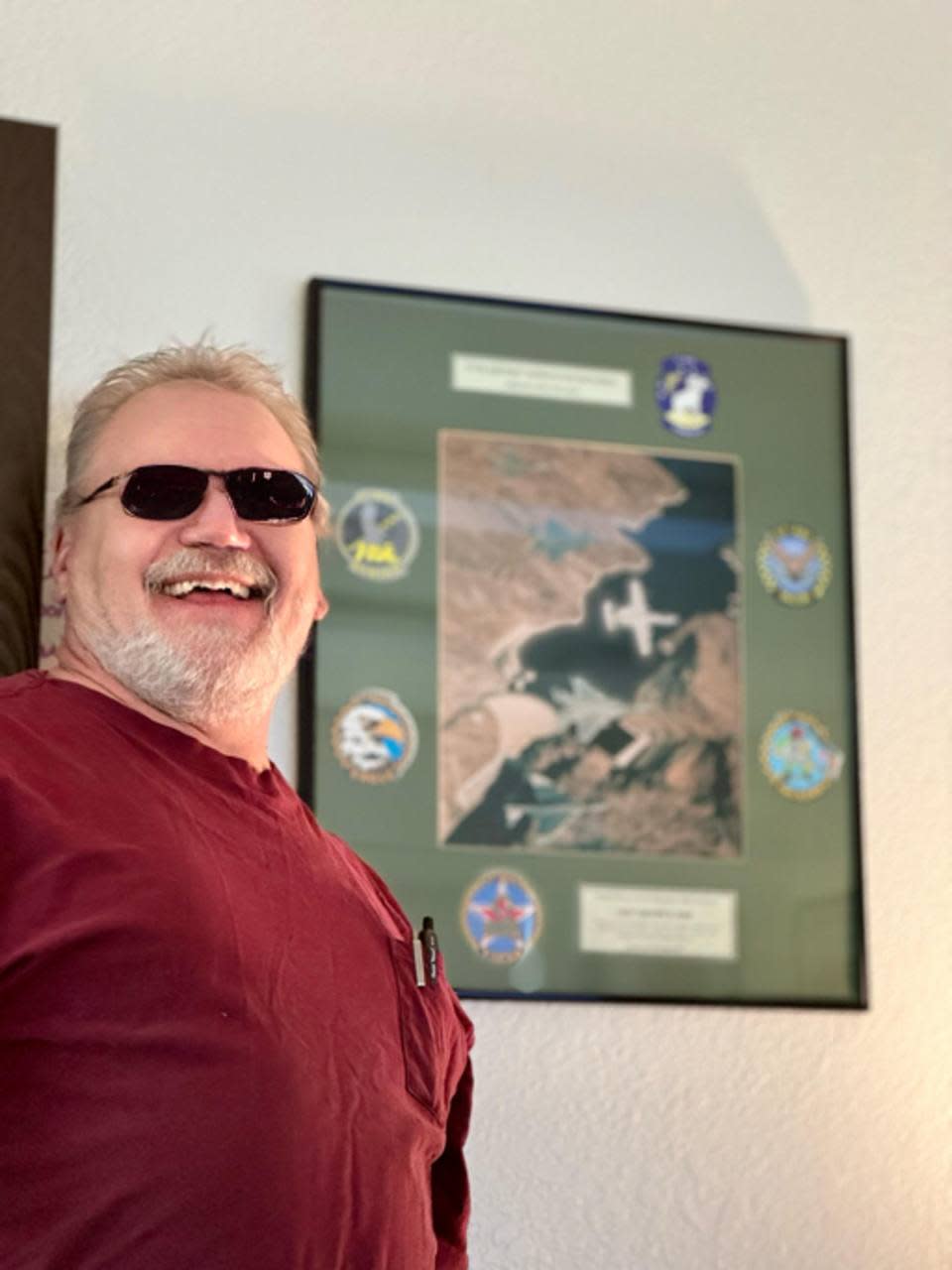
When she returned to the U.S., Oltersdorf found herself struggling to adjust after the noise and chaos she'd experienced in combat. Hearing a fire engine or a plane was enough to send her into a panic, but she was reluctant to seek out help, fearing that she'd lose her status in the security forces.
"Basically we were taught that because of our career field, you suck it up," she said.
In 2012 while stationed in South Carolina, Oltersdorf ended up on the floor of her spare bedroom, a gun in her hand, ready to take her own life. In an act of self-preservation, she called one of her best friends from Bagram, who she'd assisted through his own mental health crisis and he helped her through the difficult moment.
Oltersdorf said she has been able to maintain her mental health and get through subsequent struggles by connecting with a leadership program at Yavapai College. Last year she was student body president and now she's working on the Unheard 22 campaign and has also connected with a student group for veterans.
She's also getting medical care from the VA in northern Arizona. She's not getting mental health care there at the moment, though she has in the past.
"I got tired of repeating myself over and over," she said. "That's one thing I wish they would work on over there is to stop switching providers so, so much because when you are comfortable you open up more. When you switch, you shut down more."
Luis Soto said he got turned off by a therapist at the VA after he got out of the Marine Corps in California. The therapist was not Hispanic, was not a veteran and did not seem to understand him. He found his mental health struggles improving while attending community college, where he connected with a student veteran group.
The Warrior Healing Center in Sierra Vista often refers people to the VA and vice versa and Kirk says more cooperation between community groups that help veterans and the VA is needed, as is more accountability for the suicides. Among the people they helped was Pat Noble, 58, who was living on the streets of Sierra Vista and didn't think he was entitled to any VA benefits because he was never deployed.
Noble now has a job, a place to live and is getting medical care at the Southern Arizona VA.
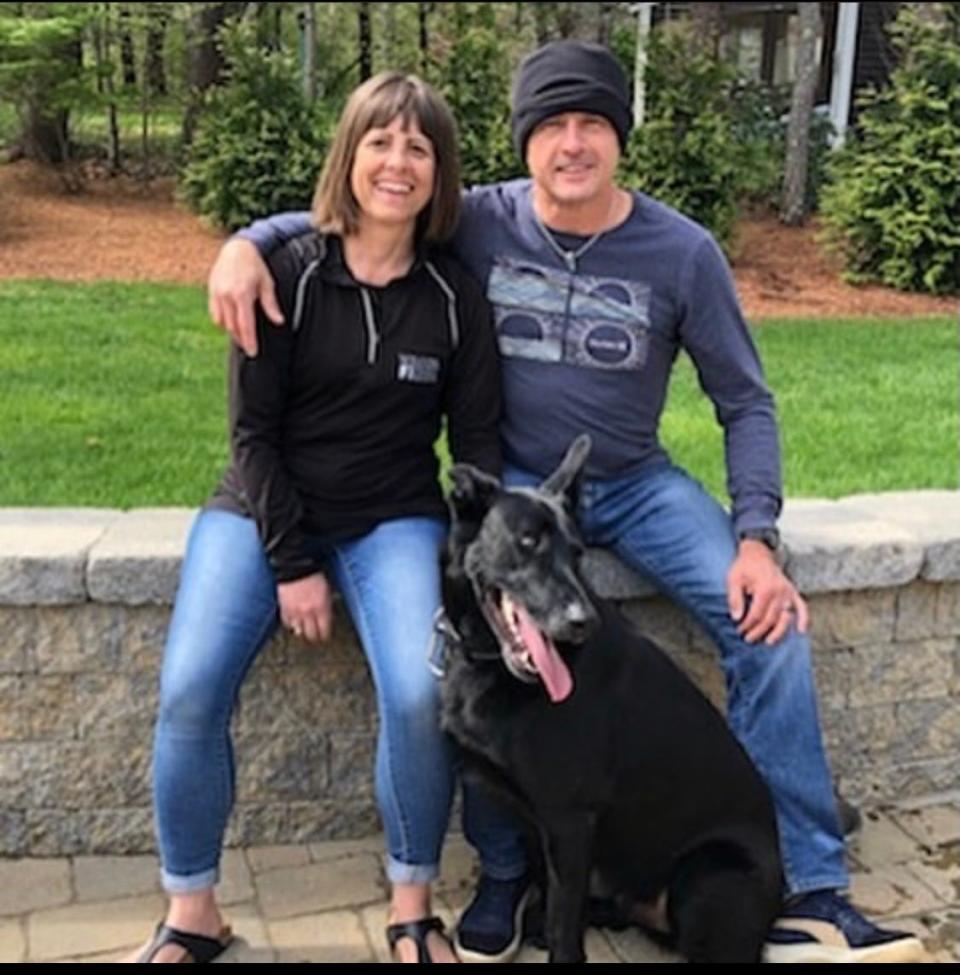
"It's hard to tell a guy that's down and out has no job, no money, no car and no family, 'Hey, things could get better,'" said Keith Silva, a 59-year-old veteran and volunteer at the Warrior Healing Center who lives with his wife and dog in Hereford. "But things can get better, and I'm an example of that."
Silva's dad, a military veteran, died by suicide. And Silva, who was deployed to Granada and the Persian Gulf, struggled with his own mental health before getting help from a therapist, a Vietnam veteran who he found through the VA in Rhode Island.
Before he got help, Silva was aggressive, wasn't sleeping, was homeless for a period, sometimes cried uncontrollably and wanted to die. Silva says the therapist eventually helped him get into a 12-week inpatient program for veterans with PTSD. After finishing the first 12 weeks, he continued for another nine, and credits the hospitalization and therapist with saving his life.
Free mental health resources are available to anyone in Arizona. A statewide mental health crisis line is available at 844-534-HOPE (4673). Another resource for 24/7 help is to dial 988. Veterans should press '1' after dialing 988 for veteran-specific help.
Former Republic reporter Dennis Wagner contributed to this article.
Reach health care reporter Stephanie Innes at Stephanie.Innes@gannett.com or at 602-444-8369. Follow her on X, formerly known as Twitter: @stephanieinnes.
This article originally appeared on Arizona Republic: Arizona organizations helping veterans with mental health struggles

